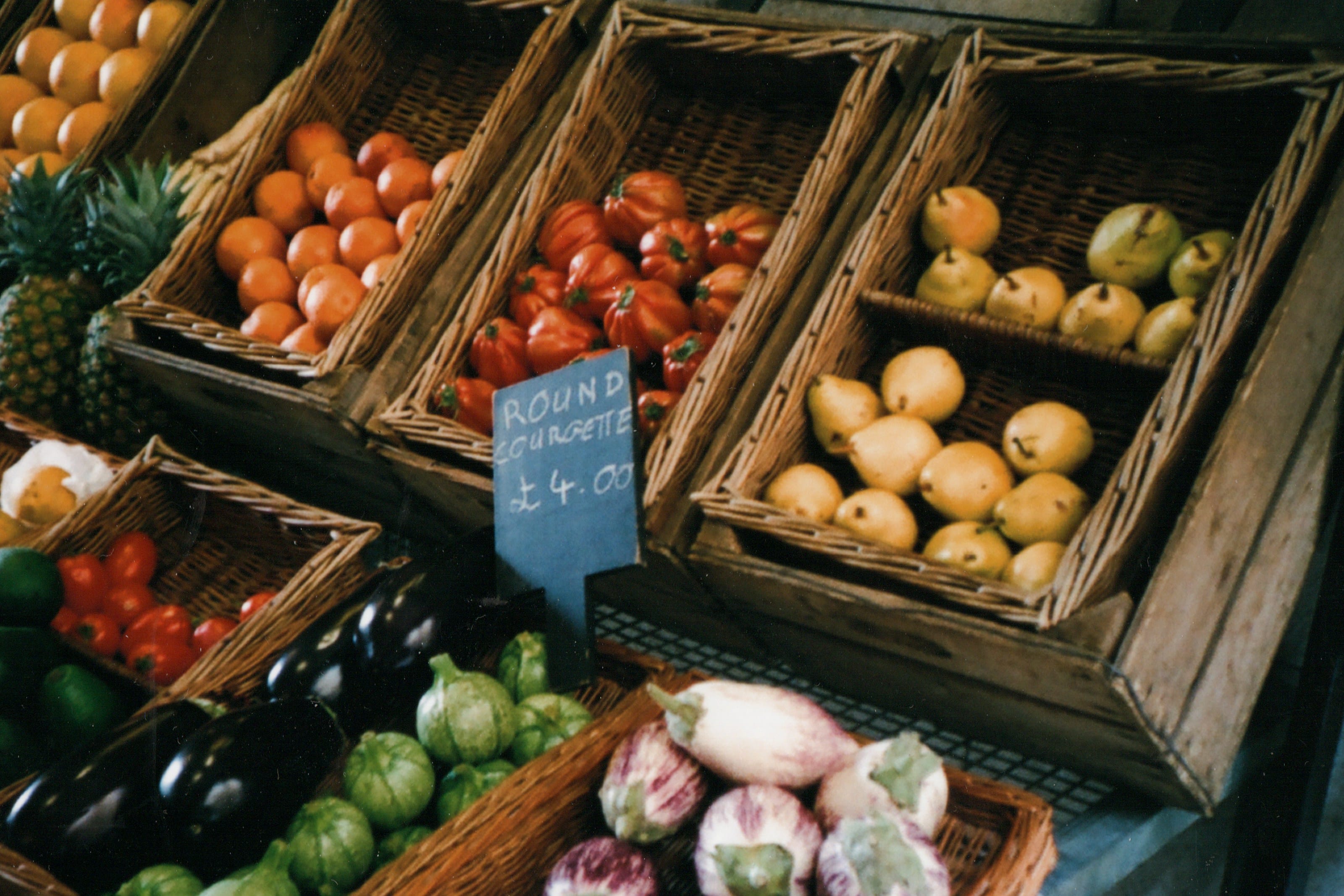Key Takeaways:
- The Global FoodBanking Network (GFN) provided food to over 40 million people in 2023, a significant increase from 30 million in 2022.
- Food banks delivered 654 million kilograms of food and grocery products, equivalent to 1.7 billion meals.
- Climate change-related disasters and civil conflicts are key drivers of the rising need for food assistance.
- Food banks' recovery efforts significantly reduce food waste and mitigate climate change impacts, preventing 1.8 million metric tons of CO2e emissions in 2023.
- GFN’s Accelerator program has notably increased food distribution in sub-Saharan Africa and Southeast Asia.
Food Banks Expand Reach and Innovate Amid Global Hunger Crisis
Food banks are reaching more people, recovering more food and grocery products, and finding innovative ways to address hunger and contribute to climate change mitigation, according to the latest annual data from The Global FoodBanking Network (GFN). The data reveals a significant increase in the number of people served and the volume of food distributed, highlighting the critical role of food banks in combating global hunger and food waste.
Increasing Reach and Impact
In 2023, GFN's network of 54 food banks provided food to over 40 million people, an increase of 10 million from 2022. These food banks delivered 654 million kilograms of food and grocery products, the equivalent of 1.7 billion meals. This increase in reach is attributed to ongoing efforts to expand food access and address the crises that exacerbate global hunger, such as climate change-related disasters and civil conflicts.
Global Hunger Remains a Pressing Issue
The new data comes as the United Nations released its State of Food Security and Nutrition in the World report, which shows that global hunger rates have not decreased for the third consecutive year and remain above pre-pandemic levels. “Food banks continue to expand food access to those who are most in need, as hundreds of millions of people continue to face chronic hunger, even three years after the pandemic first kicked in,” said Lisa Moon, president and CEO of The Global FoodBanking Network.
Nutritional Quality and Agricultural Recovery
Despite the rising cost of a healthy diet, food banks have managed to increase the nutritional quality of the food they distribute. In 2023, nearly 60% of all food distributed by GFN food banks was categorized as nutritious, including fruits, vegetables, grains, legumes, seeds, nuts, dairy, and other animal proteins. This achievement was made possible by expanding partnerships with farmers to recover surplus produce, which increased by 35% in 2023, with significant progress noted in Kenya, Honduras, and the Philippines.
Reducing Food Waste and Mitigating Climate Change
Food banks' recovery efforts from farms, food manufacturers, supermarkets, restaurants, and hotels help reduce food loss and waste, thus mitigating potent methane emissions. In 2023, these efforts prevented an estimated 1.8 million metric tons of CO2e emissions, equivalent to removing 400,000 cars from the road for a year. “Food banks across our network are finding new ways to adapt to emerging shocks, proving to be a tested model to respond to food insecurity and reduce food waste,” said Moon.
Accelerator Program Success
GFN’s Accelerator program, which provides targeted training and support to nascent food banks, has been particularly successful in regions with high food insecurity. Between 2019 and 2023, nine Accelerator food bank members in sub-Saharan Africa increased their food distribution from 87,000 kilograms to 1.2 million kilograms. In Southeast Asia, nine Accelerator food banks served 14 million people in 2023, up from 687,000 in 2019. “As a member of GFN's Accelerator program, Food Bank Vietnam has made remarkable progress,” said Jolie Nguyen, CEO of Food Bank Vietnam.


